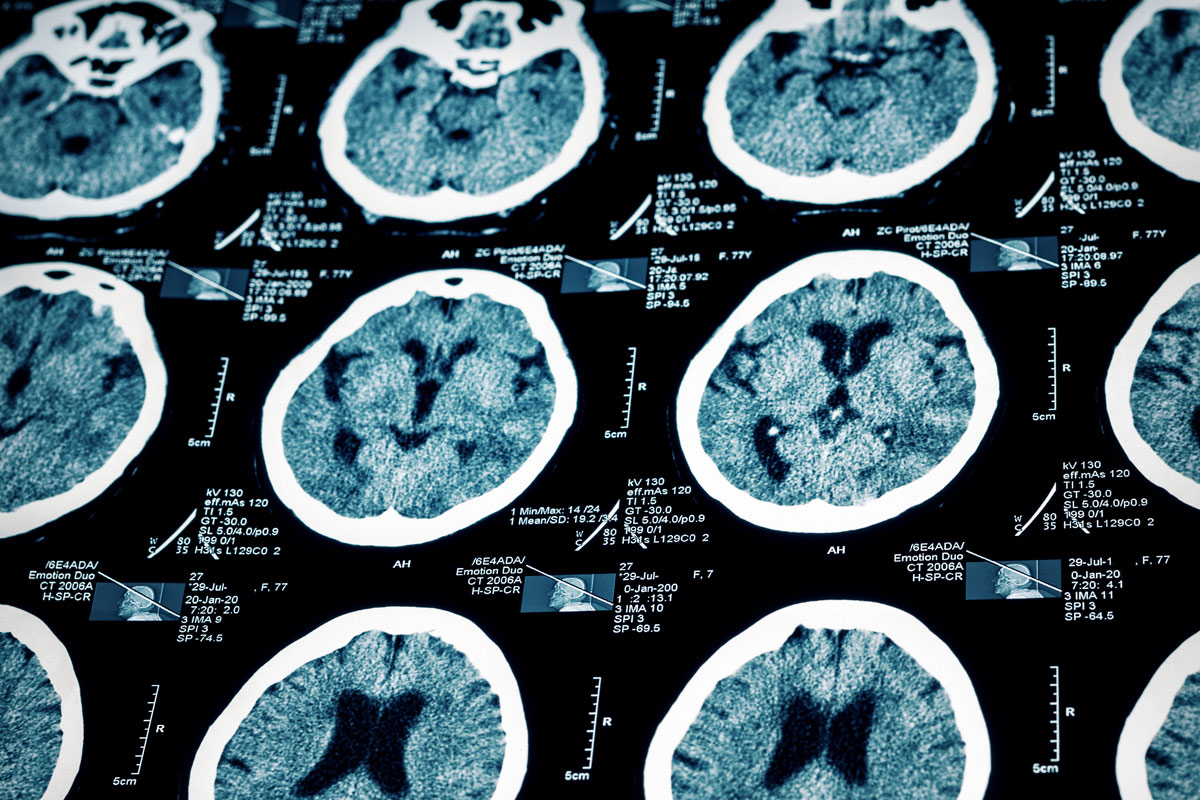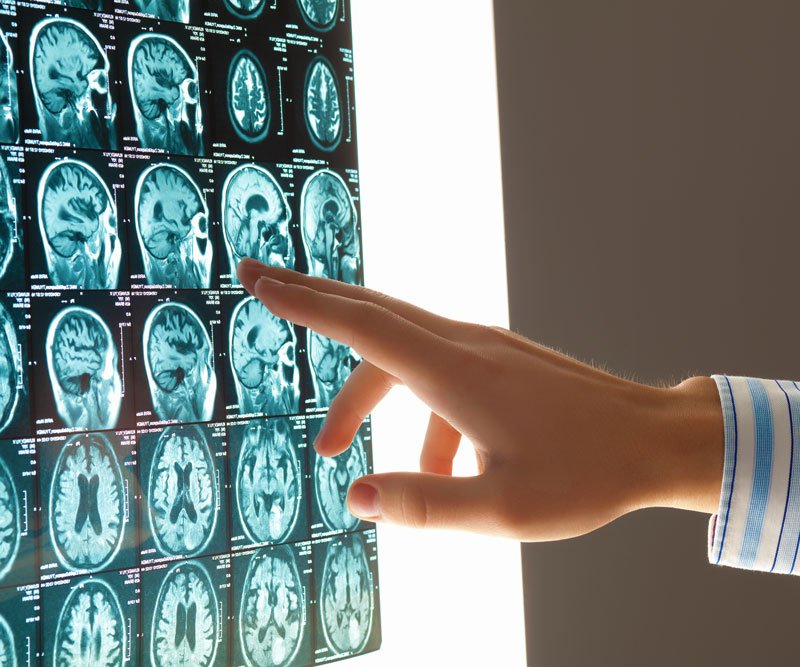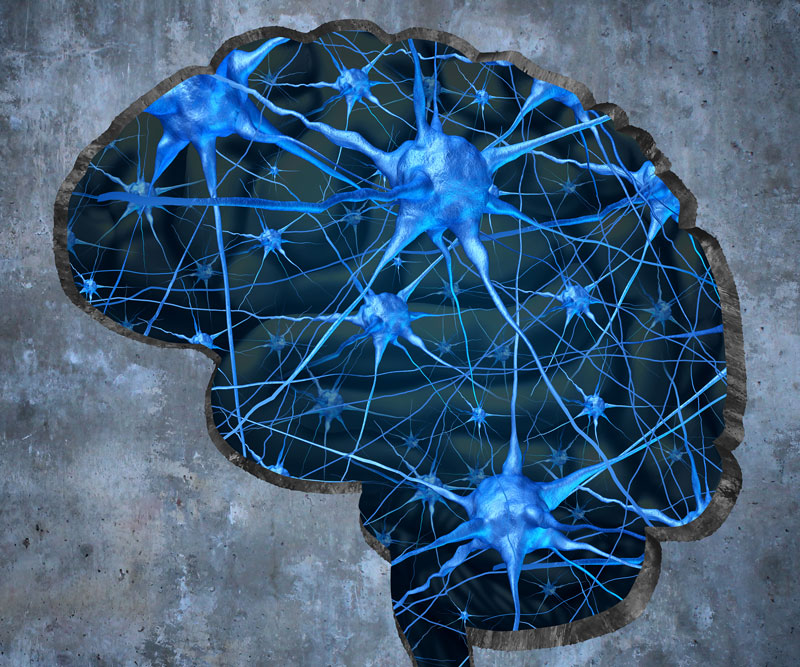
Alzheimer’s FAQs: Answering Top-Of-Mind Questions about This Disease
We all have those moments of forgetfulness: times when we can’t find our car keys or misplace an important piece of mail.
Most times, these brief lapses in memory are just that – brief. We eventually remember the keys are on the kitchen counter, right next to that elusive letter.
But when you can’t remember you were searching for your keys, or you forget what the keys are used for, that could be the sign of something more.
“In most cases, forgetting where you put your keys is nothing to worry about. But if this is a new problem that began later in life, and if the problem is getting worse, then Alzheimer’s disease is certainly a possible cause,” says Dr. Huidy Shu, a neurologist at Pali Momi Medical Center and head of the hospital’s Neurology Services department.
“The most common first symptom of Alzheimer’s disease is memory loss; however, many patients have other symptoms including difficulty with organization and planning, problems with reading or doing math, problems with visual processing, and even depression,” Shu explains.
Here, Shu answers other frequently asked questions about Alzheimer’s disease and provides his recommendations for aging well.
What is Alzheimer’s disease?
Alzheimer’s disease is the most common cause of dementia. Dementia is a situation where a person has memory, thinking and/or behavior changes that are:
- New late in life.
- Progressive.
- Severe enough to limit a person’s function in a meaningful way.
Is Alzheimer’s disease the same as dementia?
Yes and no – Alzheimer’s disease is a brain disease; dementia is a general term for global cognitive decline late in life.
Everyone with Alzheimer’s disease either has dementia or will have dementia in the future. But up to 50 percent of people who have dementia have another disease causing their symptoms other than Alzheimer’s disease.
What causes Alzheimer’s disease?
Most scientists in this area of research believe that the accumulation of an abnormal protein in the brain called “beta-amyloid” is a major cause of the disease. Of course, it is much more complicated than this. There are many risk factors for Alzheimer’s disease, including certain gene mutations, old age and certain environmental factors, including diet and exercise patterns.
How many people have Alzheimer’s disease?
Exact numbers are difficult to come by because not everyone who has dementia gets a specific diagnosis of Alzheimer’s disease. I can say that more than 5 million people in America have dementia. Most are older; in fact, nearly one-third of Americans over the age of 85 have dementia. We do know that nearly 85,000 Americans died in 2013 with Alzheimer’s disease listed as the cause of death.
Is Alzheimer’s disease a natural part of aging?
I don’t think so. While Alzheimer’s disease becomes more common at older ages, there are plenty of people in their 90s with good memory.
If my parents or grandparents had Alzheimer’s disease, does that mean I’ll get it too?
I can’t be sure. We know that having a sibling or a parent with Alzheimer’s disease increases your risk by a small percentage.
If your relatives developed Alzheimer’s disease with “early onset,” which is defined as before age 60, then your personal risk becomes much higher.
What can I do to prevent getting Alzheimer’s disease?
Certain risk factors are out of our control, like age and what family we are born into. Others, however, are well within our control.
Eating healthy and exercising every day are the most important things you can do to prevent Alzheimer’s disease. A recent study showed that patients with high blood pressure and high cholesterol who started the Mediterranean diet, which includes eating mostly fruits and vegetables supplemented with fish and poultry and little to no red meat, had fewer heart attacks, strokes and maintained their memories better than patients who ate a low-fat, low-salt diet.
Staying active with your thinking and education, we believe, builds up your cognitive reserve. People with a high level of education seem to function better even with some mild Alzheimer’s disease than people without this education.
People who exercise regularly during their 40s and 50s seem to be partially protected from dementia as well.
Protecting the brain from head trauma (with helmets and seat belts) is important, as is avoiding drugs and high amounts of alcohol, which promote brain injury and dementia.
Low doses of red wine (1-2 small glasses per night) may be somewhat protective from dementia and Alzheimer’s disease.
Published on: April 26, 2016




